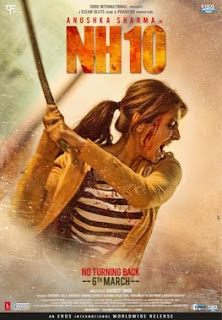Tying up in knots...
... Struggles to redeem social sciences Can one ‘train’ ‘trainers’ and render them as experts to help teachers teach social sciences better? In effect can it be taught in ways to help students find meaning and relevance in the world they socialize in? Can the elusive quality of citizenship informed by public reason be provided - social sciences’ raison d'etre, something which it is currently failing to do? We all believe it is feasible and an intense teacher training program will deliver the needful. But in my view and experience the teacher training program today by government, NGOs and other for profits have been able to crack no more than a fissure on this hardened nut of social science education and there are barely any possibilities of criticality germinating. Meaningful learning in social sciences and their morphing into critical citizens still remains elusive. Indeed the focus as such has always been on what will work for students learning and understanding of so...



